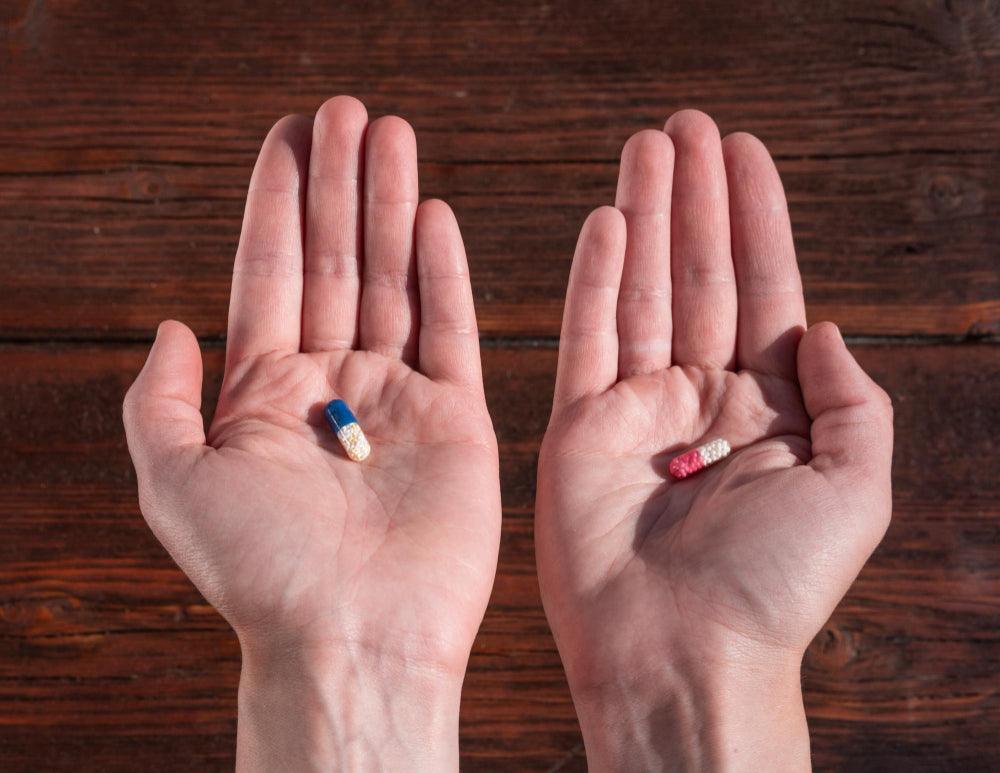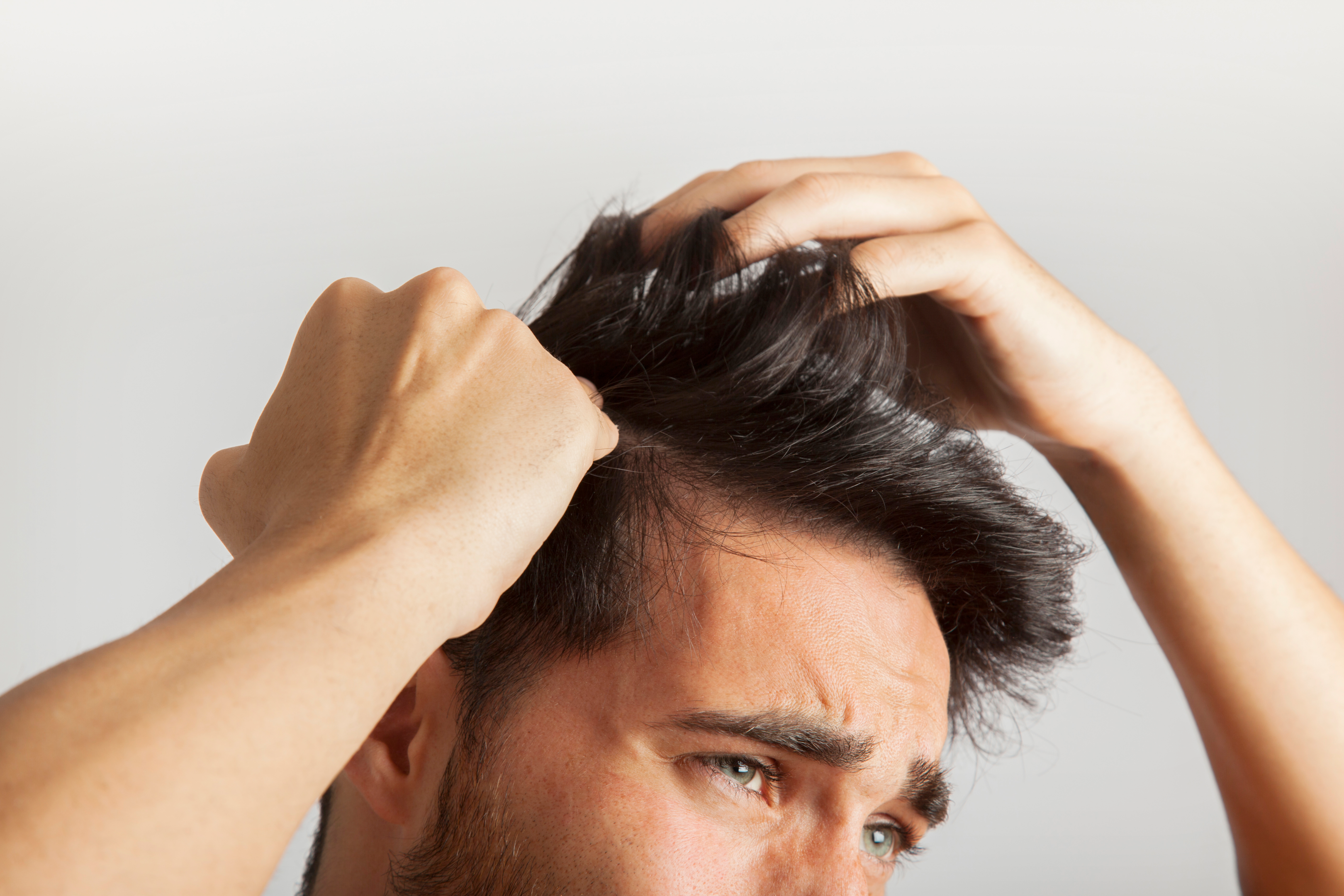Dutasteride vs Finasteride: What's Best for Hair Loss?



Thankfully, medical advances have helped males with balding find treatment solutions. While the treatment of baldness can be widely varied, the most common medication is Finasteride. When the hair is thin or falls off, you have several options available to prevent them. The best way to diagnose male pattern hair loss in your face is to consult your dermatologist. If someone starts taking medicine, you must follow their prescription until the desired results are achieved.
Dutasteride and Finasteride are commonly used together to reduce your DHT levels. This is an important point. Targeting the same biological process and having identical chemical structures have several advantages. Despite their varied history and usage, one key characteristic also distinguishes these drugs: While some believe these may help in the treatment of androgenetic alopecia or men's hair loss, there is a duty to speak the truth in our medicine. Are Finasteride and Dutasteride different from each other, and how can they differ? Are these two products beneficial for hair growth?
Androgenetic alopecia (AG), also known as pattern baldness, has been a significant cause of hair loss and affects 80% of Caucasian males. The disease is caused by hair follicle growth slowly reducing and causing baldness with time. It's often an androgen-related disorder caused by genetic predisposition. Dihydrotestosterone (DHT) is a primary androgen involved in AGA. Affected men may be at higher urine levels with elevated DHT concentrations. Pharmaceutical treatments target the DHT level by inhibiting 5-a reductase (5AR) or oral minoxidil from stimulating hair follicles.
However, despite studies suggesting Dutasteride may prevent hair loss, it still has not been approved for use by the FDA. Dutasteride has received FDA approval, but only as an antibiotic for BPH or benign prostatic hyperplasia. This means it is passed by strict FDA tests and research but sold solely to combat prostate cancer. It does not mean Dutasteride can cause baldness in males, but it may help prevent the problem in future. It is known to be effective in treating or preventing hair loss.
Finasteride is an older drug compared to Dutasteride. Finasteride was initially developed as an effective treatment of benign prostatic enlargement in the 1970s. The FDA originally approved Finasteride for the treatment of BPH. BPH is caused in part by a DHT-producing process. Finasteride has since been used to treat hair loss in men using a new drug Propecia. The medication is prescribed in a less dosage (1mg daily) than its stronger 5-mg version used in BPH treatment.

Buy Dutasteride vs Finasteride online here.
Finasteride is an oral drug that blocks the conversion from testosterone to DHT. Dihydrotestosterone is another form of sex hormone. The hormone can form a side product by the enzyme 5-alpha reductase. A small amount of the body's testosterone converts to DHT. The rest of the testosterone in you remains unaffected. DHT is a vital component of your male sex characteristics. It has to do with every aspect, from your skin to your sex, to your hair.
Finasteride was initially used to treat bald spots by the FDA. Even though their effectiveness studies show Finasteride and Dutasteride can help reduce DHT and male baldness. A new study has found that Dutasteride and Finasteride have similar effects. Finasteride and Dutasteride effectively treat hair loss and accelerate balding in 24 weeks.
Data studies have indicated that Finasteride and Dutasteride promote hair growth in men with baldness. Dutasteride has increased hair growth in some women more in comparison with Finasteride. One study involving 416 male pattern hair loss found that men using Dutasteride had an overall increase in hair count than people using Finasteride.
Oral dutasteride capsules have proven successful at decreasing baldness in several clinical trials. Research shows dutasteride treatment is effective as oral Dutasteride has an even more substantial effect than oral Finasteride.
However, since Dutasteride is approved only to treat benign prostatic hyperplasia or BPH, it is better to seek professional medical advice to avoid possible adverse effects.
Although Dutasteride seems a little better to treat male pattern baldness, professional doctors would recommend using Finasteride. We have not learned enough about Dutasteride yet. As mentioned, this drug was neither approved for treating male pattern baldness by the United Kingdom nor the USA. Further, no UK trial has tested its effectiveness as a hair loss treatment. Finasteride seems more trustworthy in preventing further hair loss.
Listed below are typical side effects of both two drugs:
Erectile dysfunction (sexual dysfunction)
Discomfort, depression
Pain in testicles
Reduced semen quantity
Although both drugs are considered effective in treating men with receding hairline, taking Dutasteride should be consulted with a reliable healthcare provider first. That is because Dutasteride was approved only to work as a treatment for prostate enlargement, also known as benign prostatic hyperplasia (BPH).
On the other hand, Finasteride has been approved for the medical treatment of men with androgenetic alopecia by the UK medical authority and US FDA. Therefore, it is safe to say that using Finasteride in treating men with male pattern hair loss is more trustworthy than Dutasteride.
Dutasteride still needs approval before being considered a prescription medication for male baldness or a hair regrowth medicine. It is used to treat BPH or enlarged prostate.
On the other hand, Finasteride - like topical minoxidil - is FDA-approved for treating hair loss. However, Dutasteride appears more effective in treating men with androgenetic alopecia.
You should always consult your doctor before taking any hair loss treatment. Doing this can prevent the severe risk of losing money and your overall health.
To learn more about Finasteride, view our product page here for information and to complete our online consultation if you wish to purchase the product.
To read more about hair loss and view other treatments, see our Hair Loss page here.
Related Services
Related articles








Plus get the inside scoop on our latest content and updates in our monthly newsletter.